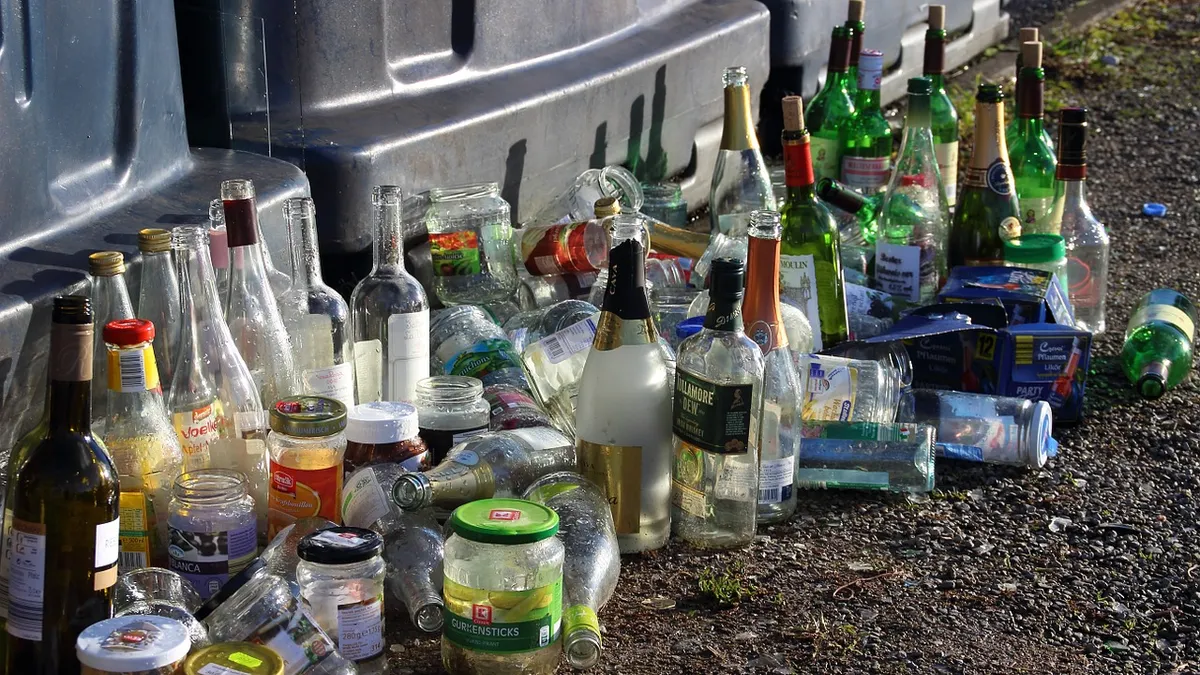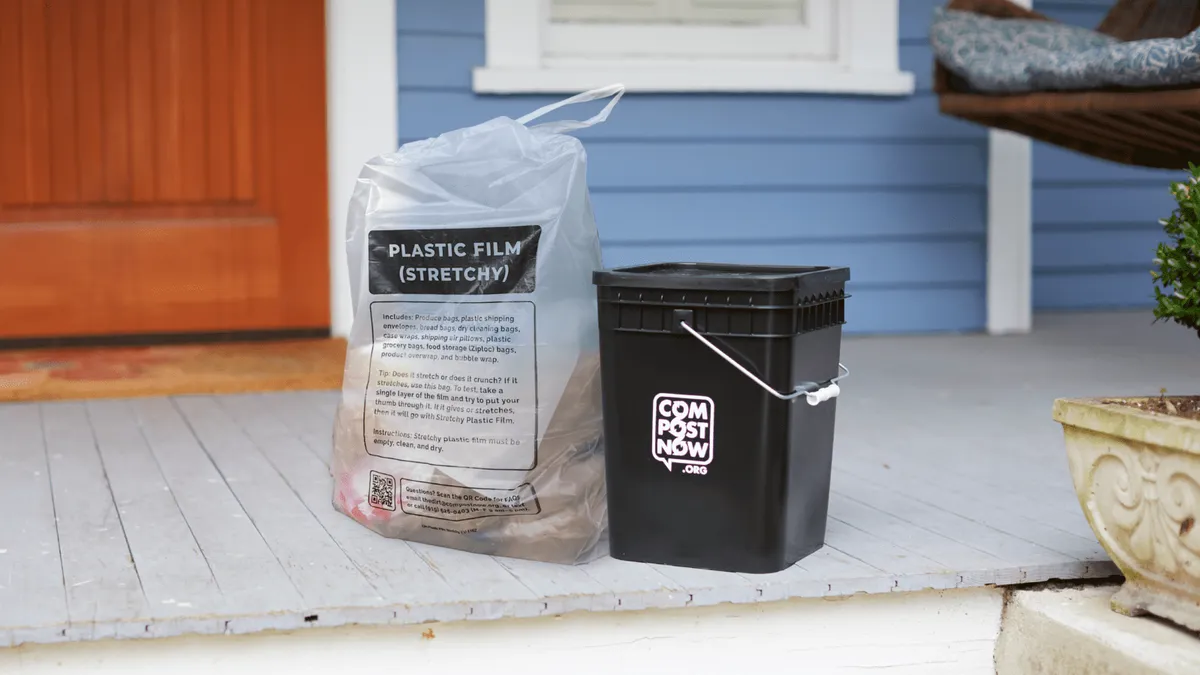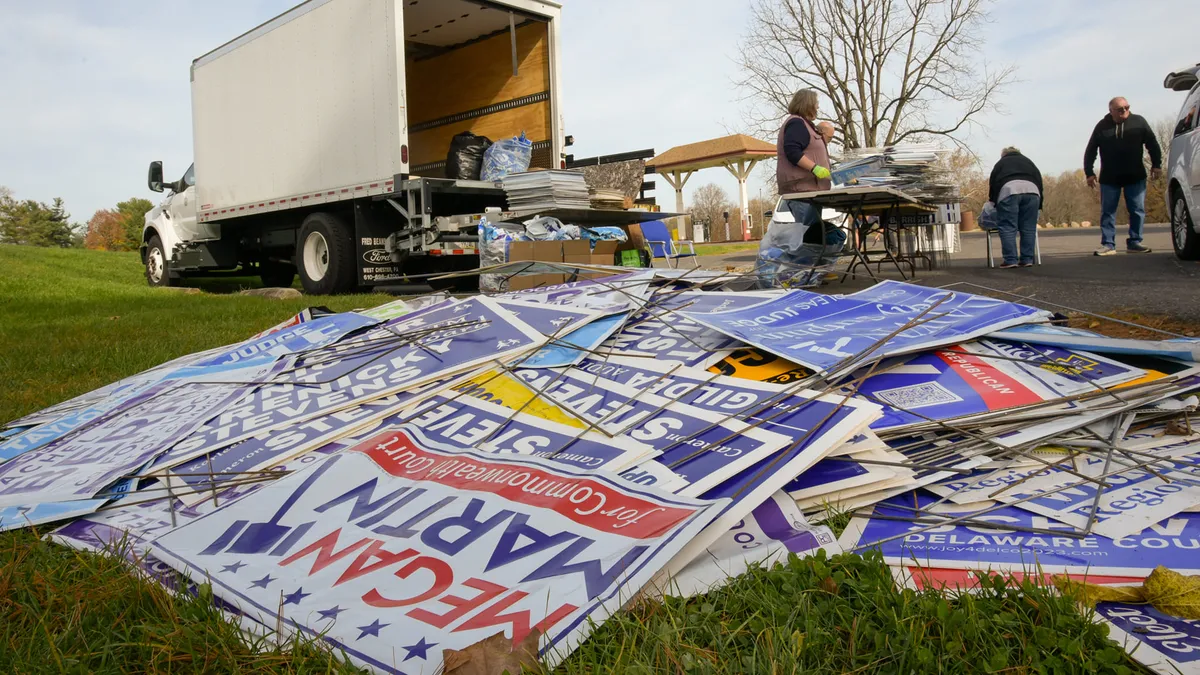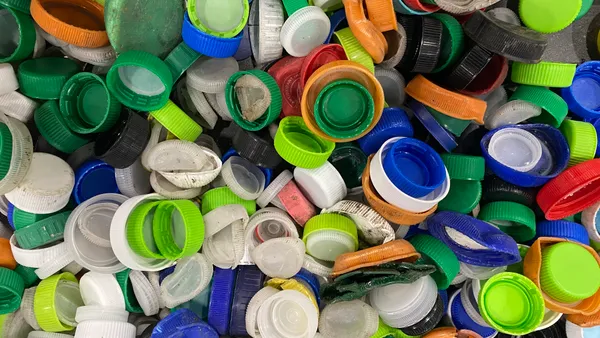Dive Brief:
- A new report from the Associated Recyclers of Wisconsin examines the state's glass recovery network and finds that it's still more sustainable to recycle the material than landfill it. However multiple changes are needed to strengthen the system, as reported by Resource Recycling.
- The report says that supply for glass currently exceeds demand in the state. Wisconsin has a landfill ban and has been shifting to single-stream recycling but only has one secondary processor and one end market for the material. Some material recovery facility operators estimate that it costs $10-15 per ton to transport the material to secondary processors and say that number increases past 100 miles.
- MRFs are advised to invest in new equipment to increase the quality of their material and seek grants or negotiate with buyers to offset these costs. A bottle deposit law is also encouraged as well as some form of industrywide specifications for recycled glass.
Dive Insight:
Overall the report's message is that glass is worth the effort but more needs to be done to clarify its value. According to the report, the Institute for Scrap Recycling Industries (ISRI) is currently working with the Glass Packaging Institute on voluntary specifications about the quality of material coming out of MRFs that is expected to help. The report also says recyclers should work with local government agencies on new guidelines that encourage other uses such as alternative daily cover or road construction.
The formation of the Glass Recycling Coalition earlier this year was seen as a strong start to solving these issues and other states, such as Georgia, have also been working on new ideas. Based on the most recent Environmental Protection Agency data, 32.5% of glass containers were recycled in 2014 which leaves plenty of opportunity for states to improve their recovery efforts.
While the environmental case can be made that glass is worth keeping out of landfills with the right systems in place, that doesn't make it any easier for the haulers and recyclers dealing with it right now. Some companies have found ways to invest in new equipment that can handle it but others have decreased their collection operations in certain cities.












